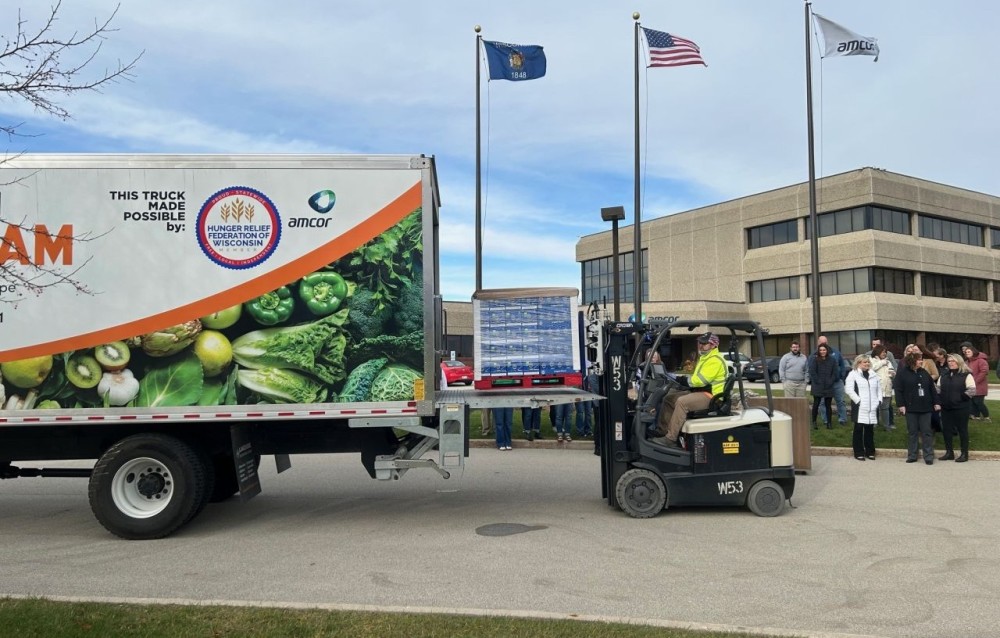The Royal Australian College of GPs (RACGP) has warned that bulk-billing rates will continue to fall and many patients miss out on the care they need unless government boosts investment in general practice care.
It comes following newly released which reveal that 80.5% of all Medicare services were bulk billed during the recent December quarter. The last time the quarterly figure dipped below that number was in 2010–11 when the figure hit 80.2%.
Meanwhile, the Commonwealth Bank’s GP Insights Report, based on a survey of more than 200 practices nation-wide, has found that:
- more than half of GP practices (55%) plan to reduce bulk-billing and increase gap fees this year
- 38% of practices surveyed had already cut back on bulk-billing last year, compared with just 3% who did the same in 2021. Among practices who had changed their billing model, 28% reported a fall in total patient numbers
- the research also identified considerable workplace pressures, with 72% of practices experiencing staff shortages severe enough to hold back operational capacity. Even more disturbingly, the figure was 84% in regional areas.
RACGP President Dr Nicole Higgins said that alarm bells should be ringing for the nation’s leaders.
“GPs can no longer afford to subsidise patient care,’ she said.
“GPs have simply had enough – many have had to make the difficult decision to move to mixed billing and pass on some of our costs on to patients just to stay afloat. As a patient, I would be asking the Government, ‘Why haven’t they invested in my Medicare rebate?’ I am encouraging my patients to go to their local MP and tell them that this is not good enough. This is the result of successive governments neglecting general practice.
“Mark Butler has an opportunity to turn this around by investing in general practice. Medicare is still effectively going backwards. Unless we get more support to do vital work in our communities, providing life-long, continuous, patient-centred care, these bulk-billing figures are only going to accelerate in the same direction – and put more medical graduates off from getting involved in what can be one of the best careers in medicine.”
RACGP Vice President Dr Bruce Willett said action was needed.
“The health system is in crisis and unless government provides a much-needed boost for general practice care more and more patients will be left out in the cold,” he said.
“Last year, Medicare patient rebates went up a miserly 1.6%, which equates to 65 cents. That is clearly not enough, particularly when you consider that the Consumer Price Index, or CPI, went up 7.8% last year. The costs of running a practice and ensuring high-quality care are rising by the day and patient rebates just aren’t keeping up.
“Unless general practice care receives an urgent boost, patients will delay or avoid seeing their GP and end up in a hospital bed with a far more serious condition. That is obviously terrible news for the patient, and it also places tremendous strain on the entire health system, including our already over-burdened hospitals. We need action and we need it now, including a 20% increase to patient rebates for longer consultations so that GPs can take the time to really get to the bottom of what is going on.
“We will not be able to sufficiently boost workforce numbers, particularly in rural, regional, and remote areas, unless general practice care is put on a more sustainable, long-term financial footing. All communities, regardless of postcode, deserve access to strong general practice care and so we must fix workplace issues without delay. At the end of the day, we know what needs to happen and the RACGP looks forward to continuing to work constructively with the Government to ensure no patients anywhere are left behind.”
~








